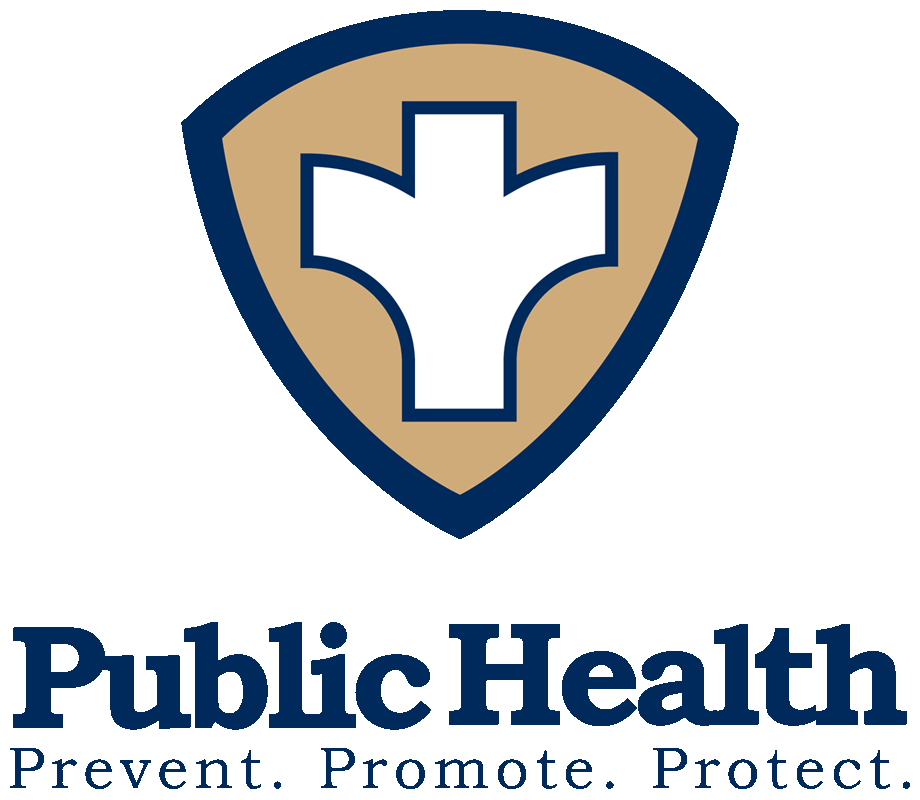Environmental Health
Records, inspections, licenses, permits, and much more – get all the facts, figures, and forms you need to get going.
Environmental Health Overview
The function of the Environmental Health Section is to identify health risks in the environment and implement solutions that eliminate or reduce risk. This includes investigating and containing diseases and injuries to reduce the incidence of injuries, deter the spread of contagious diseases, and reduce the disabilities related to disease and injury.
Area of Program Jurisdiction
All land within Wasco and Sherman counties, including all State and Federal land, all incorporated cities, and all National Scenic Areas within Wasco and Sherman, counties, excluding the Warm Springs Indian Reservation.
A) Inspections, Plan Review, Licensing, Enforcement, Complaints, Technical assistance and formal training for the following:
Restaurants and Mobile Food Units
Public Swimming Pools and Spas
Motels, Hotels, and licensed B&Bs
Organization Camps and RV Parks
Public Water Systems for communities under 3,300 people
Temporary events and benevolent restaurants such as community meals
School Cafeterias and The NORCOR correctional facility sanitation
B) Epidemiological investigations of
Food borne disease outbreaks
Waterborne disease outbreaks
Vector diseases such as Lyme disease, Hantavirus, Rabies, etc.
Environmental exposures such as Blood Lead Poisoning
C) On-Site Wastewater Disposal
Site evaluations for subsurface sewage disposal
Issuing construction permits for new systems and repairs
Repair technical assistance and evaluation
Investigation of failing systems
Pumper truck inspections
Alteration permits
Authorization of usage for established septic systems
D) Solid Waste
Administer the Solid Waste Collection and Disposal ordinance for Wasco County
Technical assistance to Sherman County Solid Waste Advisory Committee
Solid waste complaints
Waste shed representative for Wasco and Sherman Counties to DEQ
Compile required recycle reports for Wasco and Sherman Counties to DEQ
Hazardous materials accidents, consultation, and technical advice
Inspections are designed to identify safety risks in the environment that lead to bodily injury or disease. Some examples of these in the various programs are as follows:
A) Restaurants
Proper food handling and training
Toxic items properly used, labeled and stored
Chemical concentrations for sanitizer for cleaning and dish-washing
Proper food temperature controls hot and cold
Prevention of cross contamination from raw foods or allergens
B) Public Pools and Spas
Structural condition and maintenance
Life saving equipment
Water chemistry
Accident and water quality reporting and record-keeping
C) Public Water Systems
Construction of water source, distribution, and storage facilities
Proper testing and reporting for state requirements
Technical assistance with elimination of bacterial and viral routes of entry
D) Onsite Wastewater Treatment
To ensure the existence of proper sewage treatment conditions on properties in Wasco and Sherman Counties in order to prevent public health hazards.


